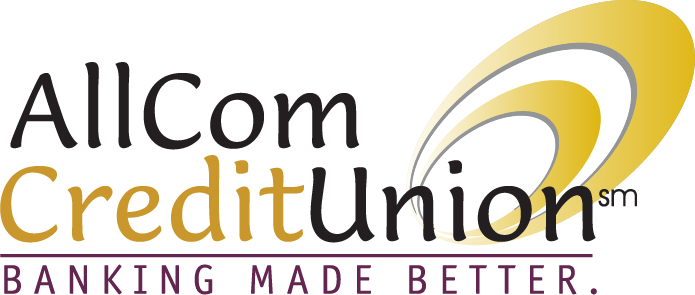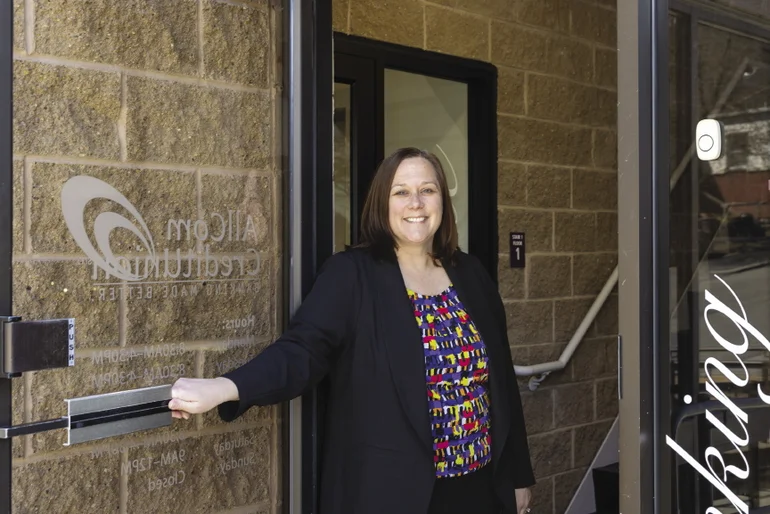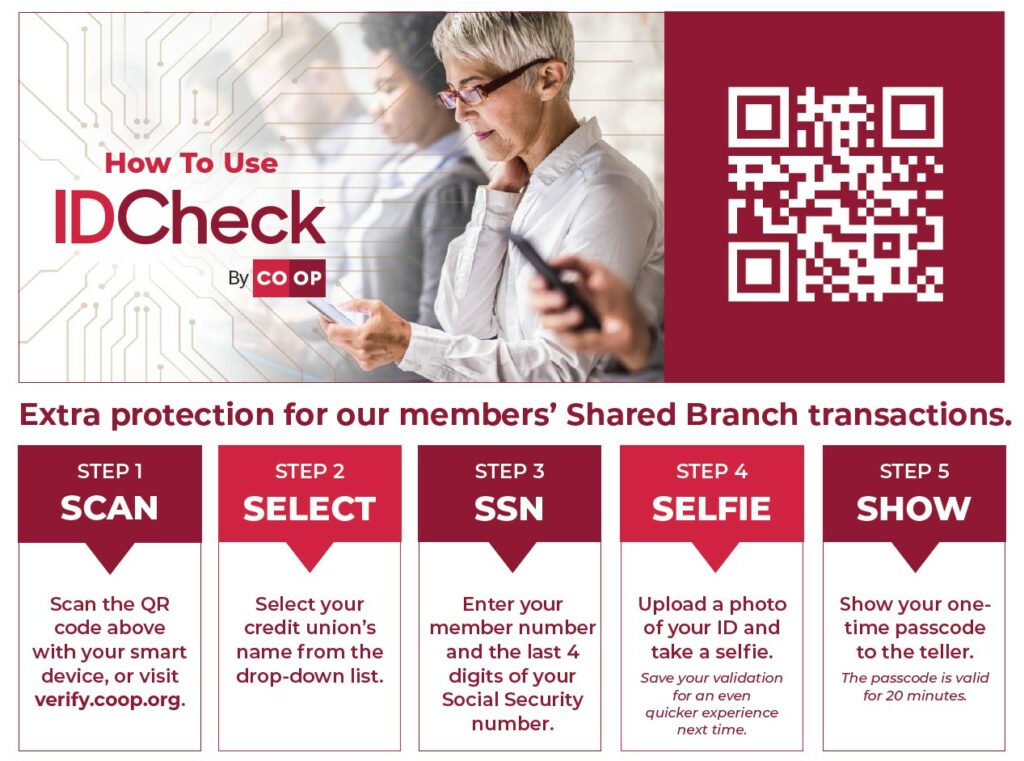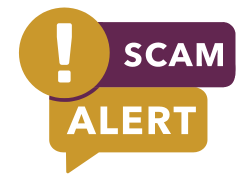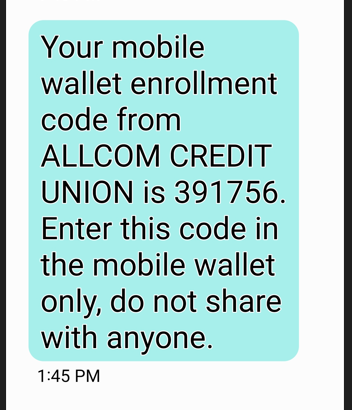A scam-free summer starts with you. Protect yourself by staying informed about the latest scam tactics so you can keep your personal information and your money safe.
Impersonation Scam
Scammers may pose as a financial institution, like AllCom Credit Union, to try and gain access to your account. They often use a fake caller ID that shows up as the bank and tell you there’ve been fraudulent transactions on your account. The scammer will have you make payments to reverse the fraud and protect the account. In a different version of the scam, the caller will ask for sensitive information that they can use to access your account and make fraudulent transactions.
Smishing Scam
Smishing—a twist on email phishing using SMS—happens when scammers send text messages that appear to be from a trusted company in an attempt to steal your money and personal information. These messages can be convincing because they pose as well-known businesses, like a delivery service or toll payment system. The texts will urge you to click a link where you’re prompted to share payment details or other personal information.
Social Media Deposit Refund Scam
Scammers will pose as artists on social media, flattering users and offering to buy their photos. They’ll send a seemingly valid check and then ask victims to send back a portion of the funds for “supplies.” Though the check appears to clear, it’s fraudulent. By the time the bank discovers the fake check, the scammers already have the money sent by victims.
| Protect yourself from scammers |
| Verify phone calls If you receive a call and aren’t sure if the company or person you’re speaking with is legitimate, hang up. Search for a verified number on the company website. If someone calls claiming to be from your bank and you feel uncomfortable, hang up and call the number on the back of your card before providing any personal or financial information. Beware of fraudulent investment opportunities Question any appealing investment offers that guarantee huge returns. Before sending any money, look up the business at trustworthy resources online to verify if it’s legitimate. Be especially wary if the investment requires you to invest using cryptocurrency. Don’t be pressured to pay with gift cards Utility companies, banks, the IRS or any other government agency will never request payment in the form of a gift card. Don’t share the number on the back of a gift card with anyone you don’t know. Beware of urgency Scammers notoriously apply pressure by saying your account is compromised, claiming they’ll cut off your services or threatening legal action. Take a pause and tell a trusted friend or family member about the situation before making any financial decisions. Never send money to someone you have not met face-to-face Beware of online friends who ask for money or offer investment opportunities, including scenarios involving cryptocurrency. |
